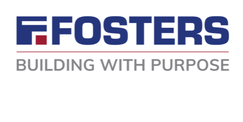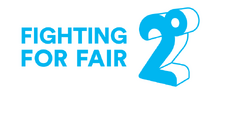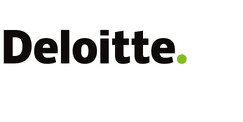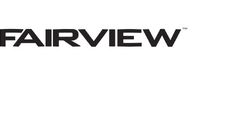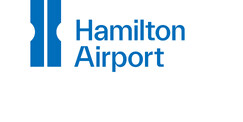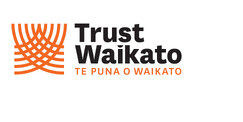WAIKATO BUSINESS PULSE: UPDATES FROM YOUR MPS
Stay in the know with Waikato Business Pulse, a monthly communications piece featuring insights from one or more Waikato MPs. This platform, from time to time, will also give you a chance to share your thoughts through surveys and polls, ensuring your voice is heard on issues that matter to our business community.
Keep connected, stay informed, and make your impact!
February 2026
MP Barbara Kuriger
MP for Taranaki-King Country
Welcome to 2026! It is going to be an extremely big year for the contest of ideas. Parliament will be is busy as ever leading up to the general election towards the later part of the year.
There are wide and varied challenges within my Taranaki King Country electorate which people approach me about in terms of either policy ideas or individual queries we need to solve. Often it is a request to navigate their issues with a government department.
The area of the Waikato which I represent starts in Mokau and finishes at the boundary of Ngaruawahia. The width covers Raglan, Kawhia and across to Taumarunui. For that reason, I call Waikato a diamond. I know that we have for many years focused on the golden triangle which has been incredibly important for connecting Auckland, Hamilton, and Tauranga. An excellent job has been done on roads such as the Waikato Expressway.
The reminder that I keep giving is there is a west side to the Waikato which includes beautiful areas as the fore mentioned Raglan and Kawhia but also the Waitomo caves and wonderful parts of the King Country that people enjoy so much when they visit. With plans underway for the Southern Links to exit the lower end of Hamilton into Waipa and King Country and in time the completion of the Mt Messenger bypass we will see a major advance in our piece of the diamond.
There will be better roads linking us to the wider Waikato and Taranaki. There are strong linkages between these parts of the country. Long term locals will be aware of Ferdinand and Mooloo as we have strongly contested rugby between the two provinces. We now have the Chiefs who cover both areas and include the King Country. Our extraordinarily strong dairy farming in these provinces provides outstanding economic value to New Zealand, supported by the sheep and beef farming for which the King Country is known.
Despite the tariffs imposed on countries around the world, including ours, we are continuing to have a primary production sector which is strong. The recent situation outlook has estimated the value at sixty-two billion dollars. This gives rural areas a current advantage, one which we must continue to strive for, however there are still many issues to be worked on in rural New Zealand including healthcare that that meets the needs of our populations no matter how far away from the centre they choose to love.
I continue to be impressed with our local health services which are run by extremely dedicated people in our community and provide accessibility locally so that patients only need to travel when there is an urgent need for a hospital or a specialist (and sometimes with the right support from health professionals, specialists can now be accessed through telehealth).
In my view, the big legislative change for 2026 will be the reform off the Resource Management Act. This act has seen numerous changes over 30 years to the point where it has become too onerous and unworkable in helping us achieve productivity in New Zealand. We used to be highly productive. Red tape now controls all aspects of our lives, and it is time to cut and untangle it. I hope those of you who hold an interest in the detail of these changes will be making submissions to the Environment Select Committee in the interests of ensuring we end up with an enduring piece of legislation.
While we continue to preserve our beautiful biodiversity, we must also ensure that our productivity, our infrastructure, and our housing continue to progress at a much faster rate than over recent years. I am looking forward to the progression of this bill through the House.
I wish you a healthy and successful year!
Authorised by Barbara kuriger, MP Taranaki-King Country

December 2025
Tim van de Molen
MP for Waikato
Summer and the festive holiday season is upon us, bringing domestic and international tourists to the Mighty Waikato. We boast incredible attractions within the Waikato electorate including Hobbiton, the Te Aroha mineral spa, Wairere Falls, Morrinsville’s Herd of Cows, and the Waitakaruru Arboretum Sculpture Park. Wider across the rest of the Waikato region we are fortunate to have an even more varied range of attractions on our doorstep, including the spectacular Hamilton Gardens, Sanctuary Mountain, SkyCity, Fieldays, Waikato Museum, and many more.
Tourism is a vital sector for both our Waikato and national economy. Visitors spend money on accommodation, food and beverages, entertainment, transport, services, and retail goods. We have huge potential for tourism earnings with our existing attractions and the innovative entrepreneurs creating new attractions, hospitality services, and retail outlets throughout Waikato. As visitor numbers to Waikato increase, so do enterprises supporting these, such as businesses shuttling visitors to connection points on the Hauraki Rail Trail and tramping in the Kaimai ranges, and food vendors in Hamilton and our provincial towns. It's a highlight of my role as an MP to hear about, visit, and experience the various businesses supporting our Waikato tourism sector as I travel around my electorate and further around the region. We must maximise the opportunity tourism brings to our region and deliver exciting and memorable experiences to our visitors.
Our National-led Government is focused on enhancing the tourism sector to continue to grow the economy for the benefit of all New Zealanders. We know increased tourism creates more businesses, more jobs, and increased wages – putting more money into Kiwi’s pockets. Tourism is New Zealand’s second largest export earner, worth $17b per annum and the sector supports nearly 200,000 jobs across the country. Our Government is boosting the sector with our $40 million Events Attraction Package, commencing in 2026, to attract more large-scale international events to New Zealand and a $10 million Events Boost Fund to support existing events. Further, we’re funding $10 million with our Regional Tourism Boost Campaign to incentivise international visitors to visit and up to $10 million for tourism infrastructure upgrades including the ever-popular cycle trails, such as Te Awa River Ride and the Hauraki Rail Trail.
In the year to September 2025, New Zealand saw an increase in Australian visitors up 12 per cent (153,500) compared to September 2024. With direct flights between Australia and the Waikato again, we must capitalise on the ease of access and entice more Australian visitors to come here, to eat, play and stay.
This summer, when not busy in your own business or place of work, I hope you and your family, and any visitors you welcome to Waikato, take the opportunity to experience our local attractions and support the businesses which provide services to this vital sector.
I am working to grow tourism in our region with an official Great Walk on the Kaimai Range, from Wairere Falls to Mount Te Aroha. This would be massive for our region as the northern-most Great Walk, accessible 12 months of the year, within close proximity to two international airports and a cruise terminal, and over half of our domestic population within a two-hour drive. It’s spectacular walking in all seasons and the Wairere Falls are especially good viewing after a period of rainfall. With the numerous tracks linking to this walk, it can cater for day trips through to the full five-day experience. The opportunity is significant, and I welcome your support for the Kaimai Great Walk project.
Our National-led Government is continuing to invest in New Zealand’s future. That includes 17 new Roads of National Significance, including the extension of the Waikato Expressway to Piarere which is now consented, with construction commencing in 2026 (it would have been completed about now if it hadn’t been cancelled by the last government). Our longer term aim to extend the expressway to Tauranga is ambitious, but vital to deliver the prosperity, safety and social connection our regions deserve. I’m excited to see this stage progress for the benefit of everyone here in our region. The Southern Links project, linking SH3 to SH1 at Tamahere will be the next major transport connection for our region. Critical infrastructure like these investments are essential to deliver real value for families, commuters, and businesses. This is part of an infrastructure pipeline now worth $275 billion – delivering schools, hospitals, homes, and better-connected communities nationwide. Infrastructure such as road transport networks are essential to Waikato businesses freighting products and visiting clients, as well as to their employees commuting to workplaces. We must ensure arterial links throughout Waikato and further to Auckland and Tauranga are fit-for-purpose, safe, and foster efficient and productive commerce.
We’re pressing ahead with major reforms, including the complete replacement of the Resource Management Act, overhauling council structures to drive efficiency, and changes to building compliance. By changing the earthquake prone building system to focus on strengthening buildings that pose real risk, we’re reducing unnecessary costs for Waikato building owners and enabling our local buildings to be utilised for commercial and community benefit. We are prioritising our Going for Growth goals, ensuring the changes made will drive productivity. For many business owners, 2025 has been difficult. Our plan is working. For two years, we’ve been focused on fixing the basics and it’s paying off. The future is looking stronger, brighter, and full of opportunity. Together, we’re building a better country.
Do you live in the Waikato electorate? Enter your address here to check – www.vote.nz/maps/find-your-electorate/. Should you wish to share your views on an issue, or reach out for my support, please feel welcome to contact me on 0800 GET TIM (0800 438 846) or email Tim.vandeMolenMP@parliament.govt.nz. Wishing you, your business teams, and your family all the best for a wonderful festive season. I look forward to seeing you in 2026. – Tim van de Molen, MP for Waikato.
Authorised by Tim van de Molen, MP Waikato | Funded by Parliamentary Service.
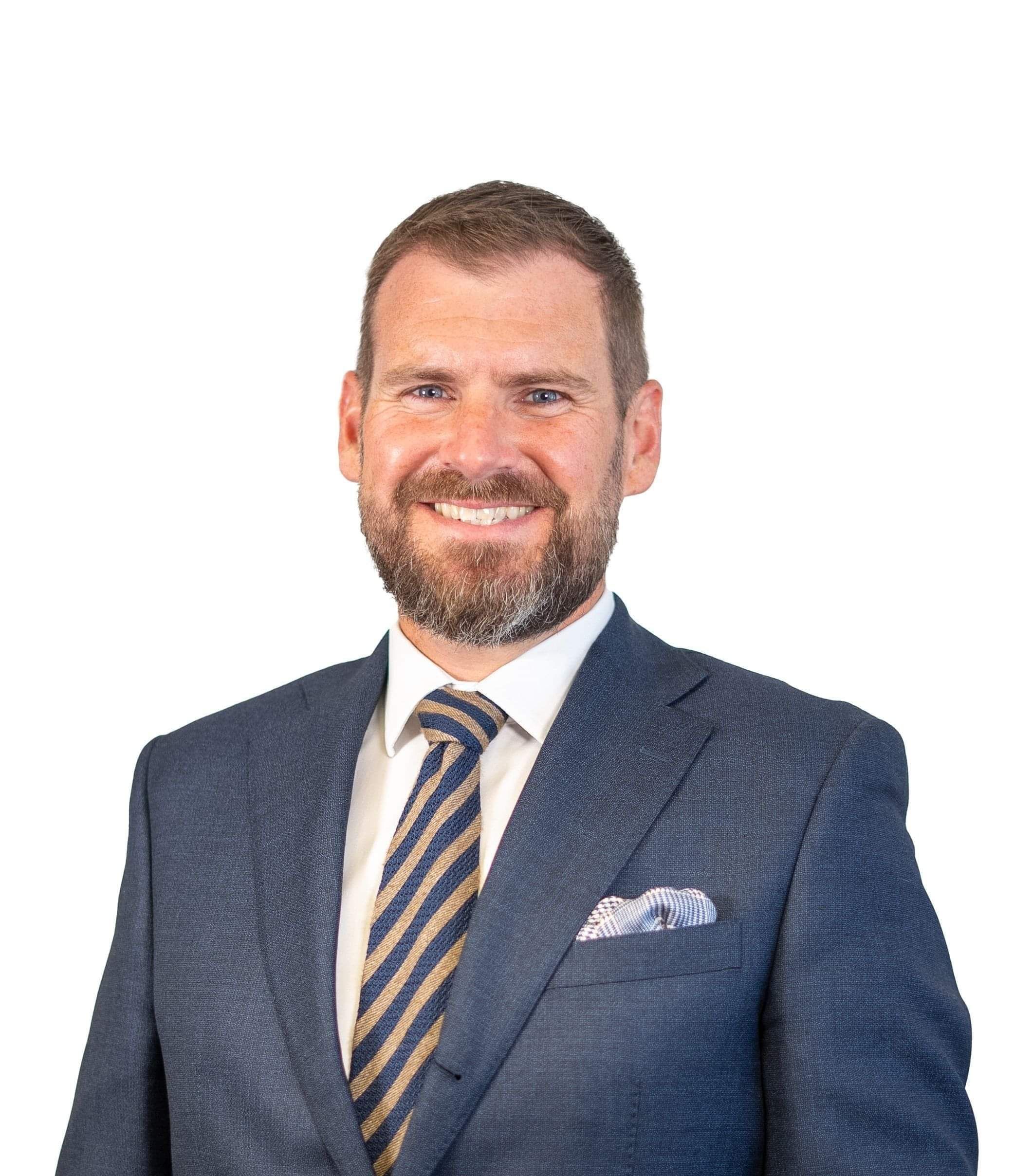
October 2025
Hon Andrew Bayly
National MP for Port Waikato
Should we move to a four-year parliamentary term?
This year, I have taken on the role of chairing the Justice Select Committee in Parliament. Select committees play a vital role in holding the Government to account by scrutinising their spending and performance.
They serve as the ‘engine room’ of Parliament, engaging with the public and experts by calling for submissions on proposed legislation and holding inquiries to inform their recommendations to the House.
The Justice Select Committee focuses on areas such as constitutional and electoral matters, human rights, justice, courts, crime and criminal law, Police, Corrections, and Crown legal services.
We have recently submitted our report to the House regarding the Term of Parliament (Enabling 4-year Term) Legislation Amendment Bill, which – if enacted – would create an option to extend the parliamentary term to four years at the start of each term.
If the bill passes, the changes would be put to the public via a referendum. Under this bill, the referendum would have to take place at either the 2026 or 2029 General Election.
Our New Zealand Parliament is based on the Westminster system of democracy which is also used by Canada, Australia, and many other Commonwealth nations, and while regular elections are a cornerstone of the system, the optimal length of parliamentary terms remains a subject of debate.
While historically three years has been the norm, terms of four or even five years are now much more common overseas. Some countries allow for early elections, while others have fixed terms.
The committee recommended that the bill be passed, but with amendments. We did not support creating a variable parliamentary term, as had been suggested, as we felt this would cause uncertainty and confusion for voters, who wouldn’t know how long they were electing their representatives for, and might become less engaged with the democratic process as a result.
There was also a proposal for new proportionality requirements for select committees – that their members be proportional to the non-executive members of the House (i.e. MPs who are not Ministers or Parliamentary Under-Secretaries).
However, Parliament has long determined its own procedures and practices, being guided by the Standing Orders, which set out the rules of procedure for the House of Representatives and its committees. This is the norm for most Westminster parliamentary systems. We sought advice from the Clerk of the House, and eventually decided that the proposed requirements would be difficult to implement and could result in unintended consequences.
Benefits of a longer parliamentary term
So what are the benefits put forward by proponents of a longer parliamentary term, especially for businesses?
One of the most compelling reasons is the greater stability they offer. Governments operating under three-year terms often find they have limited time to develop, implement and evaluate long-term policies. In contrast, four- or five-year terms allow governments to pursue more complex reforms, particularly in areas like infrastructure, education, climate policy, and health care – sectors that require sustained effort and long-term vision.
Longer terms reduce political uncertainty (which can lead to market volatility and investment hesitation) and reduce the frequency of election cycles. Businesses can plan investments, hiring and expansion with more confidence when they know the regulatory and economic environment is less likely to change abruptly.
Longer terms also reduce administrative disruption. Elections can often lead to policy reviews, departmental reshuffles and delays in decision-making. With fewer elections, there is less disruption to government operations, allowing smoother interactions between businesses and public agencies.
Will we see a referendum taking place at the General Election next year? There are compelling reasons for it to be deferred to 2029.
One is the effect of the bill on local government, where election dates are currently fixed in legislation as every three years. Many submitters on the bill (including all but one of the 17 councils who made a submission) considered that a four-year parliamentary term should be replicated in local government.
Reasons for synchronising the two included preventing disruption to long-term planning and budgeting processes, and enhancing collaboration between central and local government. The committee was strongly of the view that the terms should align, and consideration should be given to this before a referendum is held.
The committee is also currently considering the Electoral Amendment Bill, which would make a range of changes to the Electoral Act ahead of the 2026 General Election, and implementing these changes may affect the Electoral Commission’s capacity to also administer a referendum in 2026.
We also recognised the need for the Government to implement a public information programme regarding a four-year term referendum, and that holding the referendum at the 2026 General Election would create a very small window for such a campaign.
The hardest part of enacting a four-year term will be persuading the general public that it is a good idea. While some recognise the limitations of short-term governance and the benefits of allowing elected officials sufficient time to deliver on their mandates, history tells us that the public are overwhelmingly against change.
Ultimately, the committee did not have a view on whether a three- or four-year term is preferable, and proposed that the change should be subject to a referendum. Nor did we express a view as to whether the referendum should occur in 2026 or 2029. That will be a decision for the Government.
Authorised by Hon Andrew Bayly, MP for Port Waikato


